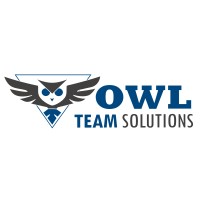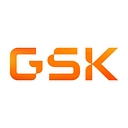Companies that use Azure Web App for Containers
It gives you a way to abstract any underlying container orchestrator such as Kubernetes or Service Fabric. It is a pure PaaS service. It runs a single container and it can run multi-container apps using Docker compose.
10
companies












